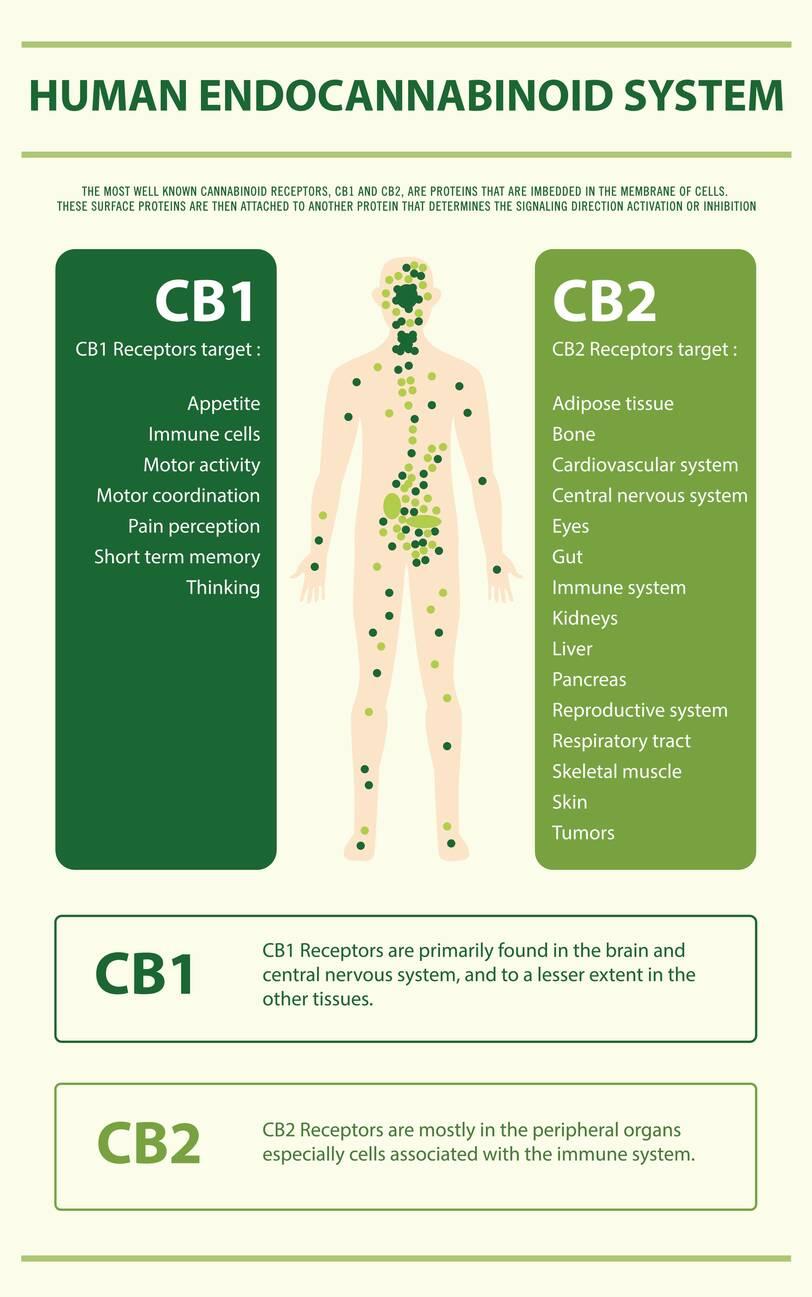Listen to the Podcast:
Can CBD gummies cause constipation? CBD (cannabidiol) has recently been a popular topic in the health and wellness community due to its reported benefits for different conditions. One of the common forms in which CBD is consumed is gummies, commonly known as CBD gummies.
While CBD gummies have been known to provide pain relief, reduce anxiety and stress, and promote sleep, there are claims that they can also cause constipation. This blog post will explore the link between CBD gummies and constipation to help uncover the truth behind this claim.
The Difficulty of Talking About Constipation
Constipation is a touchy subject that many find difficult to talk about. It can happen to anyone, and there are a variety of triggers that can cause it. Unfortunately, there is no one-size-fits-all solution for constipation. However, CBD oil is effective in relieving symptoms and helping the body get back on track.
The science behind CBD’s calming properties can help soothe the mind and muscles, which can be beneficial in combating constipation. In this article, we dive deeper to uncover the link between CBD gummies and constipation relief.
CBD Oil: A New Approach to Dealing with Constipation
CBD oil is a new approach to dealing with constipation, and it has become increasingly popular due to its calming properties. The CB-receptor activity and its connection to constipation lie in the three areas of easing the mind, relaxing the muscles, and controlling inflammation and pain response.
CBD addresses the symptoms and triggers of constipation, making it helpful for patients with Irritable Bowel Syndrome. When finding the right CBD product for your type of constipation, it’s essential to research and checks the product label and lab testing results.
CBD and its Calming Properties
CBD is known for its calming properties that help ease symptoms and bring the body back on track. The endocannabinoid system (ECS) receptors are designed to counteract the fight-or-flight response, bringing a sense of ease and slowing down an overstimulated nervous system.
CBD can quiet the mind and relieve muscles from unnecessary tension caused by stressors like spastic constipation triggered by Irritable Bowel Syndrome (IBS). It can also control inflammation and pain responses by increasing anandamide levels in the body, which has proven beneficial for those experiencing severe pain and inflammation in damaged tissue.
CB-Receptor Activity and its Connection to Constipation
The endocannabinoid system (ECS), including the CB1 and CB2 receptors, plays a key role in gut homeostasis and regulates bowel movements. The activation of presynaptic CB1 reduces the release of acetylcholine from enteric nerves, inhibiting GI motility and large and small bowel muscle tone.
CB2 controls intestinal inflammation and motility, slowing down gut transit. Studies have also shown that CBD, a cannabinoid found in hemp, can help relieve symptoms of constipation by calming the mind, relieving muscle tension, and moderating pain and inflammation.
Can CBD Gummies Cause Constipation?
CBD gummies are a popular way to ingest CBD (cannabidiol), a chemical contained in the cannabis plant that has the potential to be therapeutic. While CBD is generally considered safe and well-tolerated, some individuals may experience side effects. On the other hand, constipation is not typically mentioned as a side effect of CBD gummies.
CBD affects the endocannabinoid system, which regulates several body activities, including digestion and bowel motions. According to some research, CBD may even aid digestive difficulties such as irritable bowel syndrome (IBS). Individual responses to CBD can vary, and constipation is a rare adverse effect that some people may experience.
Understanding that CBD gummies’ components may contribute to constipation is vital. Some gummies, for example, contain high sugar levels, artificial sweeteners, or other additives that may interfere with digestion. Choose high-quality CBD gummies made with natural ingredients to reduce the risk of side effects. Begin with a low dose and gradually increase it as needed.
If you suffer constipation after using CBD gummies, you should see a doctor to figure out what’s causing it and how to manage it. Please remember that the information presented here is not a substitute for professional medical advice, diagnosis, or treatment. If you have any questions about a medical condition or treatment, always seek the opinion of your physician or other certified healthcare practitioners.
Related Read: Does ELF Bar BC5000 Have CBD?
CBD oil vs. CBD Gummies: What are the Differences?
| Feature | CBD Oil | CBD Gummies |
|---|---|---|
| Form | Liquid | Edible candies |
| Ingestion Method | Sublingual or added to food/drinks | Ingested orally |
| Bioavailability | Higher | Lower |
| Taste | Earthy, bitter | Flavored, sweet |
| Dosage Control | Easy (measured with a dropper) | Pre-determined, less customizable |
| Duration of Effects | Tends to wear off more quickly | Longer-lasting |
CBD oil and gummies contain the same active chemical but differ in form, ingestion technique, bioavailability, flavor, dosage control, and effect duration. Personal preferences, taste, and intended effects will all play a role in determining which CBD product is ideal for an individual.
CBD’s Benefits for Patients with Irritable Bowel Syndrome
CBD shows promise in managing the symptoms of irritable bowel syndrome (IBS). CBD is a natural compound of the cannabis plant that helps reduce pain and inflammation, common symptoms of IBS. However, there is still limited research on its safety and effectiveness.
That’s why speaking with a doctor before using CBD to treat IBS symptoms is important, especially since the FDA has not approved any CBD product for IBS. Nonetheless, patients with IBS may benefit from using CBD as an alternative treatment due to its potential to alleviate pain and inflammation.
Finding the Right CBD Product for Your Type of Constipation
When finding the right CBD product for your type of constipation, it’s important to consider various factors. For instance, if you have atonic constipation, you may require a different product than someone with spastic constipation. Choosing a high-quality CBD product that has been third-party tested for purity and potency is also important.
Consulting with a healthcare professional can also help determine the best CBD product for your needs. It’s essential to do your research and choose a reputable brand with a proven track record for safe and effective CBD products.
Monitoring for Side Effects of CBD Oil
When trying a new dietary supplement such as CBD oil, it is important to be mindful of potential side effects. One should monitor any changes in their body and seek medical advice if they experience constipation or other unusual symptoms. However, constipation is unlikely to be caused by CBD oil. Medical professionals often suggest that CBD edibles could help relieve constipation. It is always best to consult a doctor before adding any new supplement to your diet.
Understanding CBD and its Role in the Digestive System
CBD oil is known for its ability to relieve constipation due to its calming properties. The endocannabinoid system (ECS) receptors are designed to counter the fight-or-flight response that causes tension and inflammation in the body. CBD helps to regulate the ECS receptors, thus reducing inflammation and pain.
By increasing anandamide levels, CBD also helps to moderate the pain and inflammation in damaged tissue, which can be especially helpful for patients with spastic constipation and IBS. CBD can effectively address trigger factors and not just the symptoms of constipation.
Explaining the Causes and Symptoms of Constipation
Constipation is a common digestive problem that affects millions of people worldwide. It occurs when bowel movements are irregular or difficult to pass due to factors such as low fiber intake, lack of physical activity, certain medications, and medical conditions like Irritable Bowel Syndrome (IBS) or pregnancy.
Symptoms of constipation include infrequent bowel movements, dry and hard stools, bloating, abdominal pain, and discomfort. Understanding the causes and symptoms of constipation is crucial in finding the right treatment, including using CBD gummies as a natural remedy.
How CBD Gummies Can Help Relieve Constipation
CBD gummies have been found to help relieve constipation. The compound cannabidiol, or CBD, has calming properties that can ease the muscles in the digestive system. CBD also works against inflammation, relieving people suffering from severe pain due to spastic constipation.
CBD can be a unique and helpful solution for people struggling with constipation by addressing triggers, not just symptoms. Choosing high-quality CBD gummies that have been thoroughly researched and tested is important.
The Science Behind CBD’s Effect on the Digestive System
CBD interacts with the body’s endocannabinoid system, which regulates various bodily functions, including digestion. It has been found to affect the activity of receptors in the digestive tract, promoting better digestion and regulating bowel movements.
Studies also suggest that CBD can reduce inflammation in the gut, which is often a cause of constipation. While more research is needed to fully understand how CBD affects the digestive system, its potential as a natural remedy for constipation relief is promising.
Choosing High-quality CBD Gummies for Constipation Relief
When choosing high-quality CBD gummies for constipation relief, it is important to do thorough research on the brand and its product lineup. Checking the product label to ensure it has enough CBD to provide benefits is crucial, but looking for lab testing results for each batch is also important.
This helps to ensure that the brand is credible and its products are high quality. Consumers can feel confident about trying CBD gummies for constipation relief by choosing a reliable brand.
Precautions and Possible Side Effects When Taking CBD Gummies for Constipation
When taking CBD gummies for constipation relief, it is important to be aware of the possible side effects and take precautions. While CBD gummies are generally considered safe, some people may experience mild side effects such as dry mouth, dizziness, or drowsiness.
Following the recommended dosage and consulting with a healthcare professional before adding any new dietary supplement to your regimen is also important. By being informed and cautious, you can safely incorporate CBD gummies into your routine to alleviate constipation symptoms.
Debunking the Myth of CBD Gummies Causing Constipation
It is a common misconception that CBD gummies can cause constipation. However, this is not backed up by scientific evidence. CBD gummies have been found to aid in digestion and potentially relieve constipation due to their ability to soothe the muscles in the digestive system. As long as the recommended dosage is followed, constipation should not be a concern. It is important to listen to your body and consult a medical professional if you experience any symptoms.
Final Words
While CBD is generally safe and well-tolerated, some people may experience constipation. The link between CBD and constipation is not entirely clear-cut, but it may be related to CBD’s effect on the ECS and gut motility. Suppose you’re experiencing constipation after taking CBD gummies.
In that case, there are several things you can do to manage your symptoms, including drinking plenty of fluids, increasing your fiber intake, and adjusting your CBD dosage. As always, if you’re experiencing persistent digestive issues or are concerned about taking CBD, you must talk to your doctor.
This content is for informational purposes only and does not replace professional medical advice, diagnosis, or treatment. This information is not comprehensive and should not be used to make health or well-being decisions. Consult a qualified healthcare professional with questions about a medical condition, treatment options, or health regimen. This website or the content should never replace professional medical advice.














































